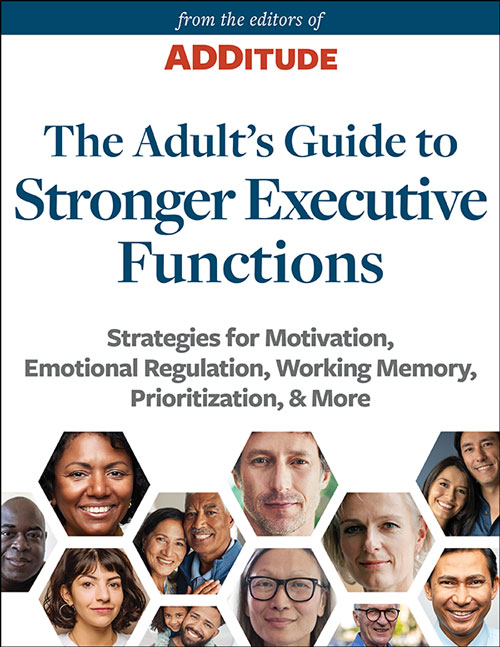Q: “Will I Ever Recover from Past Financial Ruin?”
“You have your work cut out for you, but I have no doubt in your ability to fix your money problems and get your finances in order.”
Q: “I’m in my mid-30s. I owe taxes. I can barely pay back my loans. I have no retirement savings. I’m living paycheck to paycheck. How can I get my financial life in order and start to build a plan so that someday I may buy a house and have enough money to retire?”
Start with Taxes
After setting aside money for your needs (rent, groceries, etc.) make paying taxes your priority. Don’t ignore the IRS’ notices or delay any further, as penalty charges and interest add up quickly. Contact the IRS to discuss your options, including a potential payment plan. A payment plan will not remove any penalty and interest charges, but it will provide structure and a path forward to paying your tax debt. (Can’t call right away? Decide on a date and time to pick up the phone.) The risk of other difficulties with the IRS will go down the sooner you address your late tax payments.
Replace High-Interest Loans
If you are dealing with high-interest or predatory loans (with an interest rate of 40% or higher), research ways to pay off those loans quickly if your credit permits. Explore loans from local community banks or credit unions, which often extend more flexible loan terms, making refinancing easier and more affordable. Opening an account with one of these institutions may allow you to consolidate by paying off the predatory lender first and then repaying the bank or credit union at a lower interest rate.
[Get This Free Download: Your ADHD-Friendly Budgeting Guide]
Is Filing for Bankruptcy an Option?
If your debt is extreme and you can no longer afford to pay your bills, you may qualify for bankruptcy. While a serious step with significant consequences, bankruptcy can offer you a fresh start. If you do go through the process, don’t take it lightly. This is the time to become diligent about managing your finances. Learn to budget effectively and reflect honestly on the factors contributing to your financial challenges. In the future, consider working with an ADHD-informed Certified Financial Planner® for tailored support.
Grow Your Income
Especially at your age, explore career opportunities to increase your income to avoid reliving the financial troubles of your past. Find a career that aligns with your passions and strengths and contributes to your financial goals. More income will put you on a path toward saving for a house and becoming financially independent.
You have your work cut out for you, but I have no doubt in your ability to fix your money problems and get your finances in order. You’re in your 30s — the prime of your life. You can do this.
Money Problems and ADHD: Next Steps
- Read: 16 Ways to Better Manage Your Money with ADHD
- Read: The ADHD Tax Is Draining — Financially and Emotionally
- Q: “My Idea of Self-Care Is Overspending.”
The content for this article was derived from the ADDitude ADHD Experts webinar titled, “Smart Money Habits for People with ADHD” [Video Replay & Podcast #522] with Otto Rivera, CFP®, EA, which was broadcast on September 24, 2024.
SUPPORT ADDITUDE
Thank you for reading ADDitude. To support our mission of providing ADHD education and support, please consider subscribing. Your readership and support help make our content and outreach possible. Thank you.






